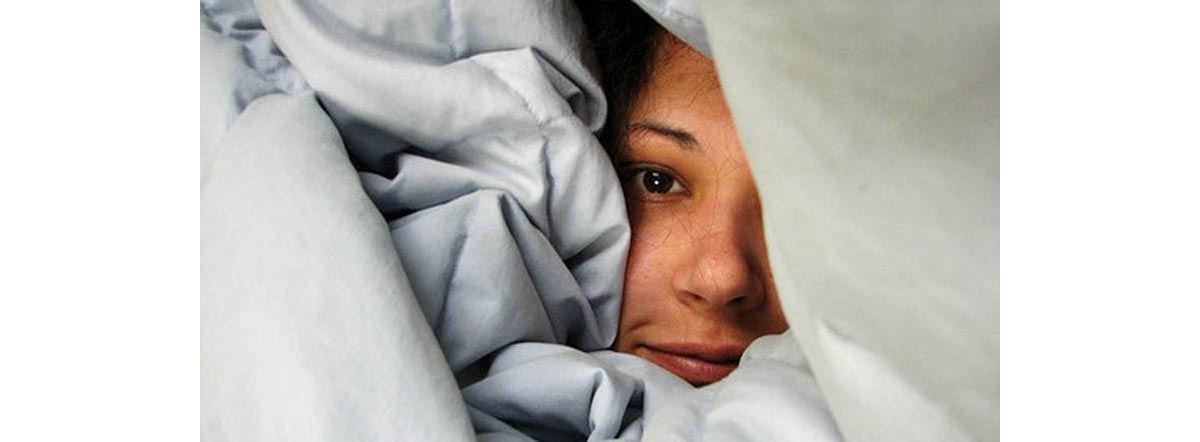Table of Contents
Some natural sleep aids taken as dietary supplements are given below.
Melatonin: Melatonin is a hormone that is secreted by the pineal gland in the brain. Melatonin plays a vital role in controlling sleep and regulating the circadian rhythms of the body. Melatonin levels are the highest in the human body after dark. Synthetic melatonin is sold as a dietary supplement for curing sleeping disorders.

It is advisable to take supplemental melatonin an hour before bed. It is used as a natural sleeping aid and antioxidant. Melatonin is highly recommended for frequent travelers who experience varied sleeping schedules.
Chamomile: Chamomile has been used for ages as a popular herbal sleeping aid. It helps in fighting insomnia. Chamomile is sold in health food stores in the form of extract, tea, and topical ointment. It is also prescribed for its anti-inflammatory and anti-bacterial properties.
Valerian: Valerian is a herbal extract that is commonly used for relieving anxiety and treating insomnia. It acts as a good relaxant and helps relieve anxiety and stress. Valerian helps in reducing the time taken to fall asleep and also improves the quality of sleep. Studies have found that taking valerian over a period of time, say for about 4 weeks, is more effective than taking it on one night alone.
Natural Sleep Aids: Natural Food and Drinks
There are numerous foods, herbs, and drinks that have been found to be effective in curing sleeping disorders. Some of the food-based sleeping aids are listed below:
- Cherries: Cherries are rich in melatonin and therefore help you in falling asleep. As per a recent study, a group of participants were asked to drink eight ounces of tart or sour cherry juice twice a day for two weeks. The findings suggested that the participants were able to fall asleep faster after taking the cherry juice.
- Fish: Certain species of fish such as tuna, coda, shrimp, and halibut are rich in tryptophan which helps in inducing sleep.
- Carbohydrate/Protein Combinations: Warm milk, which is rich in tryptophan, can help you sleep better. It is also advised to combine carbohydrates with proteins containing tryptophan to help the body make better use of tryptophan. You can opt for a combination of whole grain cereal with organic milk before bed time. This combination acts as a good sleep inducer.
- Lemon Balm: Lemon balm, a herb which belongs to the mint family, is known for its sleep inducing properties. Lemon balm tea, made by mixing 1-2 teaspoons of lemon balm in a cup of hot water, is advisable for curing sleep disorders.
- Sage: Sage is another herb which is helpful in inducing sleep. You need to strain 4 teaspoons of sage in a cup of hot water, keep it for four hours and reheat it, and then drink it. This mixture helps in healing sleep disorders.
- Kava: Kava is a natural herb that is helpful in relieving stress-induced insomnia. However, kava consumption might have an adverse effect on the liver.
Natural Sleep Aids: Behavioral Therapy
Various forms of cognitive behavioral therapies such as sleep hygiene, stimulus control, sleep restriction, relaxation techniques, and cognitive therapy have been found to be effective in treating sleeping disorders. These techniques have been found to be useful as they alter the patient’s thoughts that disrupt sleep.
Commonly prescribed relaxation techniques that are efficient sleep aids include visualization, transcendental meditation, mindfulness, and yoga. Cognitive behavioral therapy offers long-term relief for sleeping disorders but it is important that patients stick to the prescribed routine and complete all the required sessions.
- “Treatment of Insomnia: An Alternative Approach”, by Anoja S. Attele, et al. Published in the Alternative Medicine Review 5.4 (2000), accessed on March 6, 2013
- “Do herbal agents have a place in the treatment of sleep problems in long-term care?” by Mark Shimazaki, et al. Published in the May, 2007 issue of JAMDA, accessed on March 6, 2013.
- Photo courtesy of privateale on flickr: www.flickr.com/photos/privateale/2072678183
- Photo courtesy of Savannah Roberts by Flickr : www.flickr.com/photos/sunshinepictures/6351575949/

